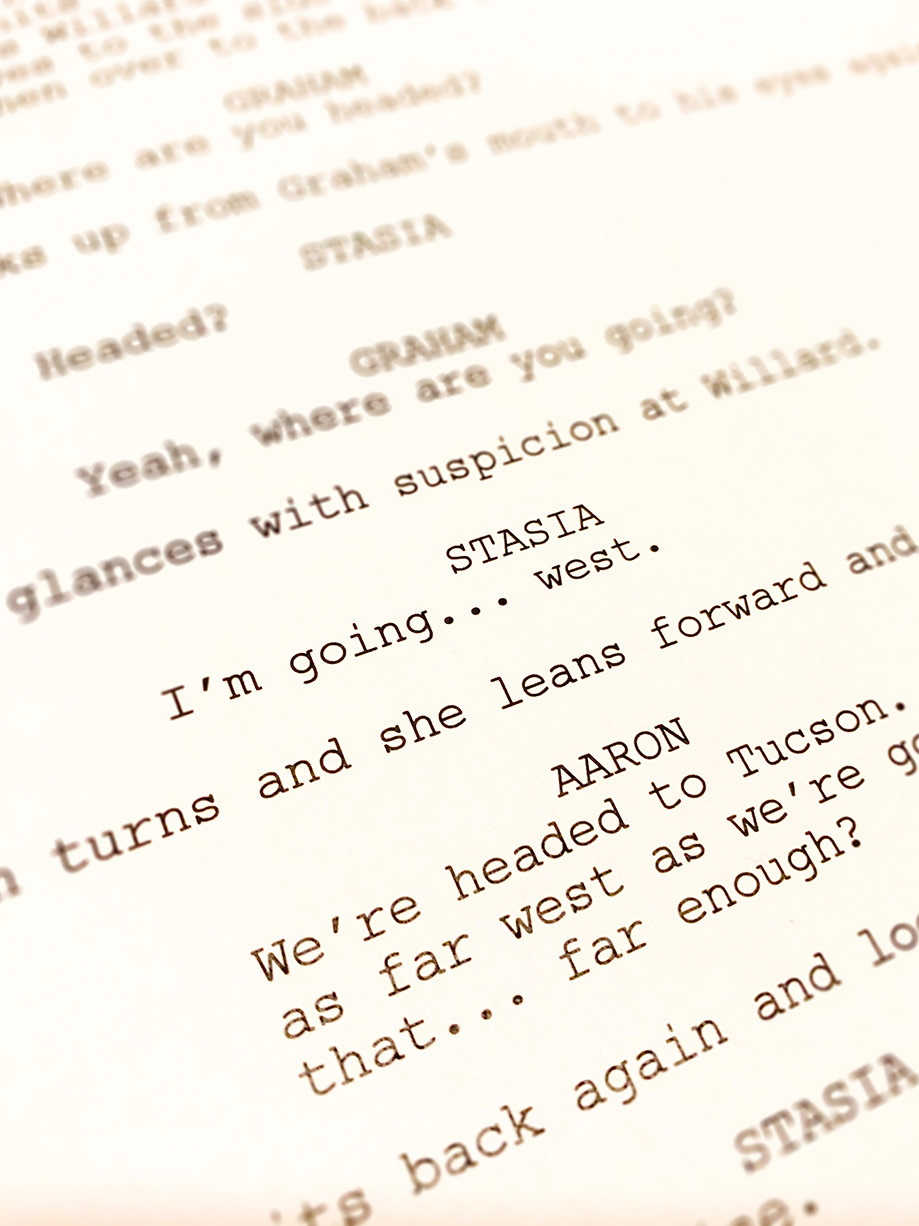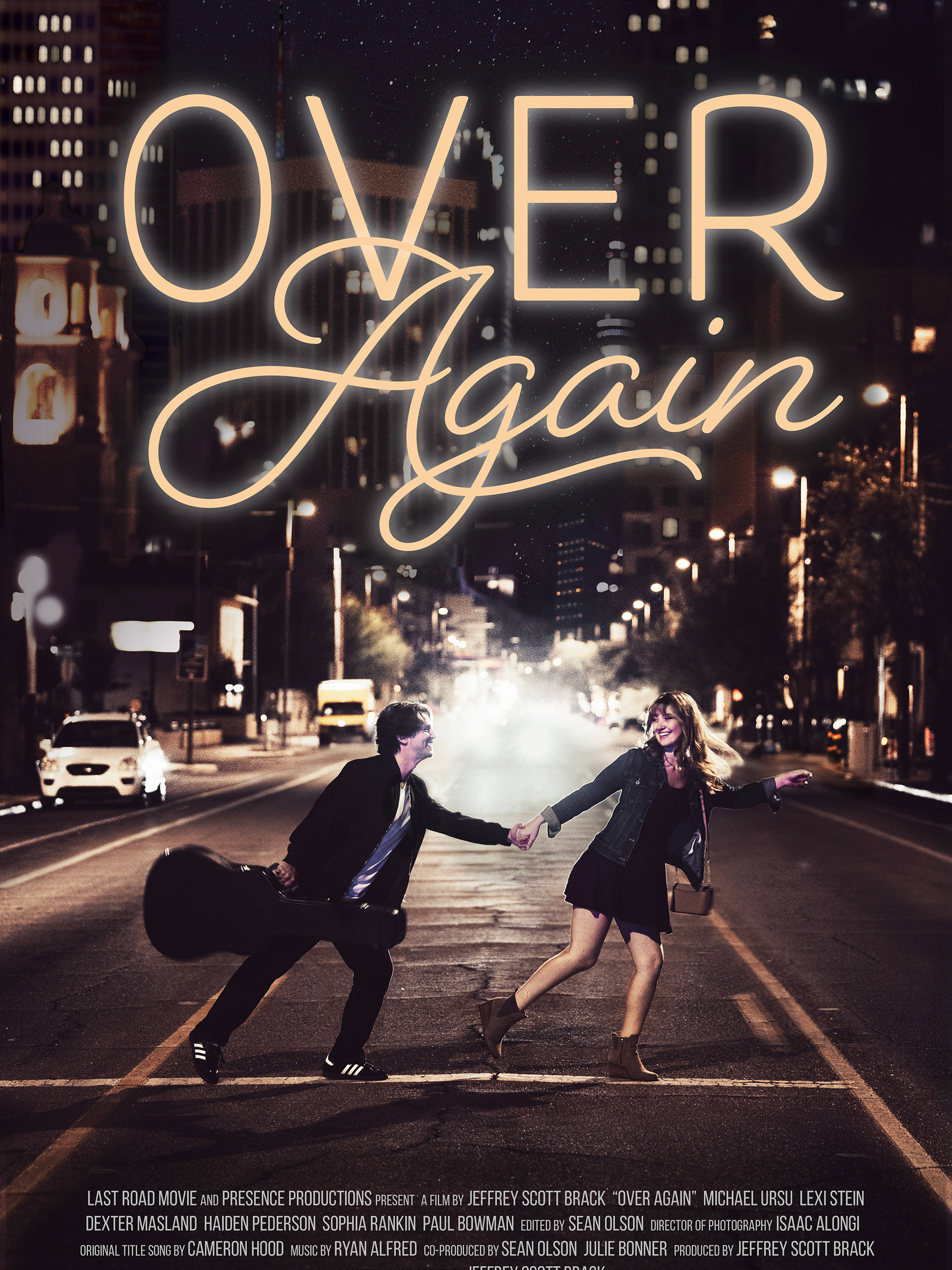1.16.21
Why Don’t People Learn Directors?
by Jeffrey Brack
by Jeffrey Brack
Being a cinephile and filmmaker, I’ve had endless discussions about people’s favorites, why they didn’t like such and such film, or actors who are good or bad. As many of you reading would certainly relate with… it is truly endless. And for good reason, movies are both great escapism and meaningful reflections of the human experience. Most everyone loves them.
However, one glaring issue arises with the general populace when it comes to choosing movies to watch… they have no idea who the directors are. No idea. (Major names like Spielberg aside.)
Two questions come to mind:
1. Why would they not pay attention to the central artist of a film, when it’s the best possible indicator of its style and quality?
2. How is it even possible to not care who the director is, when the public pays attention to the artist behind every other type of art?
We learn musician’s/band’s names. We learn painter’s names. We learn author’s names. We learn actors. We learn dancers. And on and on.
But, remarkably, the director of a film, while taking the baton from the writer(s), is the prime storyteller, creating the look, feel, and context for their collaborators in the cast and crew. The entire execution of the storytelling hinges on the director’s vision. Without question, whether or not you liked a film depends almost entirely on the director. Yet people do not pay attention to the director when choosing which movie to commit two hours of their life to.
People quite often make their movie selections on which actors are in it. “I liked Tom Cruise in that film, so I want to see more films with him in it.” While it’s not completely lacking in logic, no one says, “I really like this painting with red paint in it, so I want to find more paintings with red in them.” Of course not! Or, “I like this musician’s song with the oboe in it, so I’m going to look for more songs with oboe.” Ridiculous! You say, “I really like this illustration by Norman Rockwell, I’d like to find more Norman Rockwell works.” Or, “That Bruce Springsteen song was great, I want to hear more Springsteen!”
Perhaps it’s because actors are the most visible members of a film production. I’m not sure and haven’t figured out the answer. But I will say that when people do pay attention to the directors of films, they are usually happier with their movie selections. It’s not a recipe for always choosing a winner, but knowing directors that I don’t like has saved me many hours of disappointment. Remember, time is our most valuable commodity. Note the director and choose wisely!
HERE'S HOW TO LEARN DIRECTORS YOU MAY LIKE: www.IMDb.com
HERE'S HOW TO LEARN DIRECTORS YOU MAY LIKE: www.IMDb.com
JEFF'S CURRENT PROJECT: The Last Road Trip
1.16.21
Film Criticism: Should Every Movie Be the Same?
by Jeffrey Brack
by Jeffrey Brack
Over the years, as I’ve read hundreds and hundreds of film reviews, something started to bother me. It was subtle at first, but grew more obvious over time. It seems like the majority of criticism, while most times not wrong, is grounded in some kind of myth that there is one perfect motion picture by which all others are judged.
What I mean is, things like pacing being too fast or too slow, inconsistency from act to act, too much character exploration and not enough plot, plot driven and not enough character exploration, characters are not likeable enough, characters are too flimsy and two dimensional, not dramatic enough, too melodramatic, etc.
Again, while these observations may be correct, in many cases I realized, so what? If all of these movies were to not have those issues, generally speaking, wouldn’t they all be the same movie? The mythical “perfect movie”?
It seems to me, that the point of having art is to hear diverse voices that range wildly in style. Aren’t some of those issues of “pacing” or “slow second acts” really just different artistic choices that give us different cinematic experiences?
It would be interesting to debate this with some film critics and I have some friends who are, and will soon. But, in the meantime, I would recommend taking film reviews with a grain of salt for two reasons:
1. Film critics are just humans like us and it’s just their opinion on one day, in whatever mood they were in, and mixed with whatever was on their minds.
2. What standard is this film being judged by? Is it lacking compared to the myth or does it work as a story on its own terms?
Something to think about.
WHERE I READ MOST FILM REVIEWS:
www.RogerEbert.com
www.RottenTomatoes.com
www.Variety.com
WHERE I READ MOST FILM REVIEWS:
www.RogerEbert.com
www.RottenTomatoes.com
www.Variety.com






